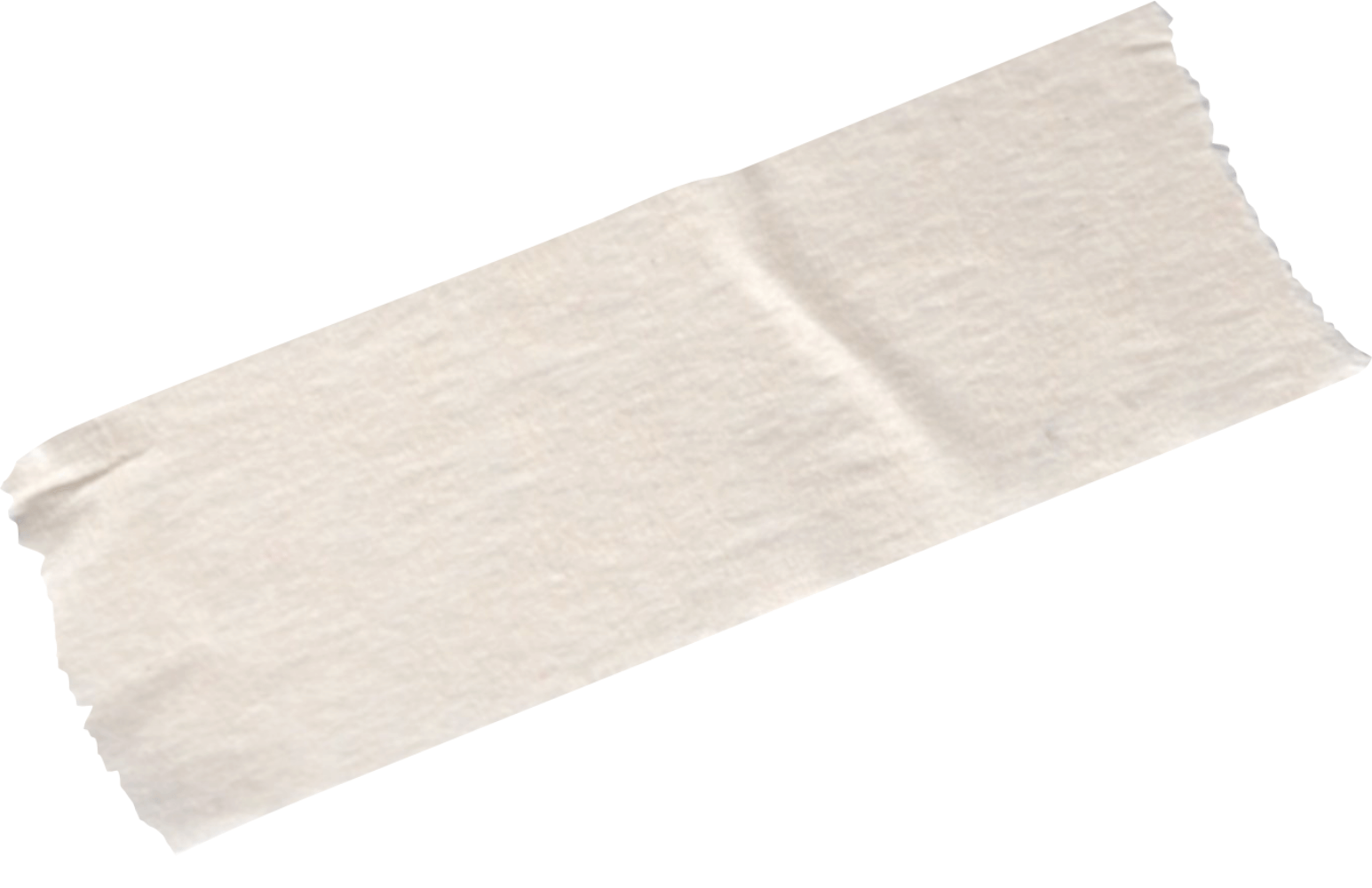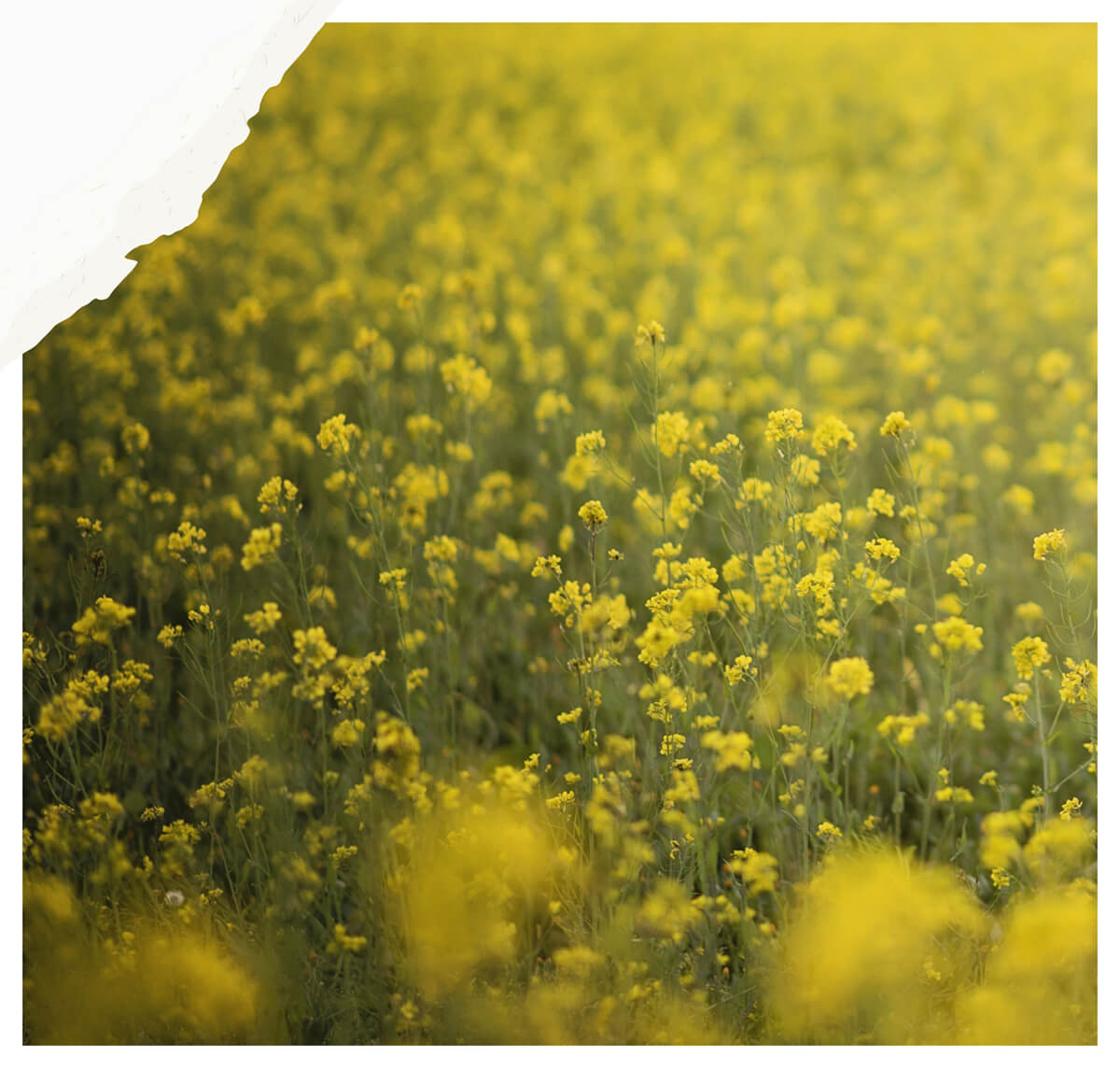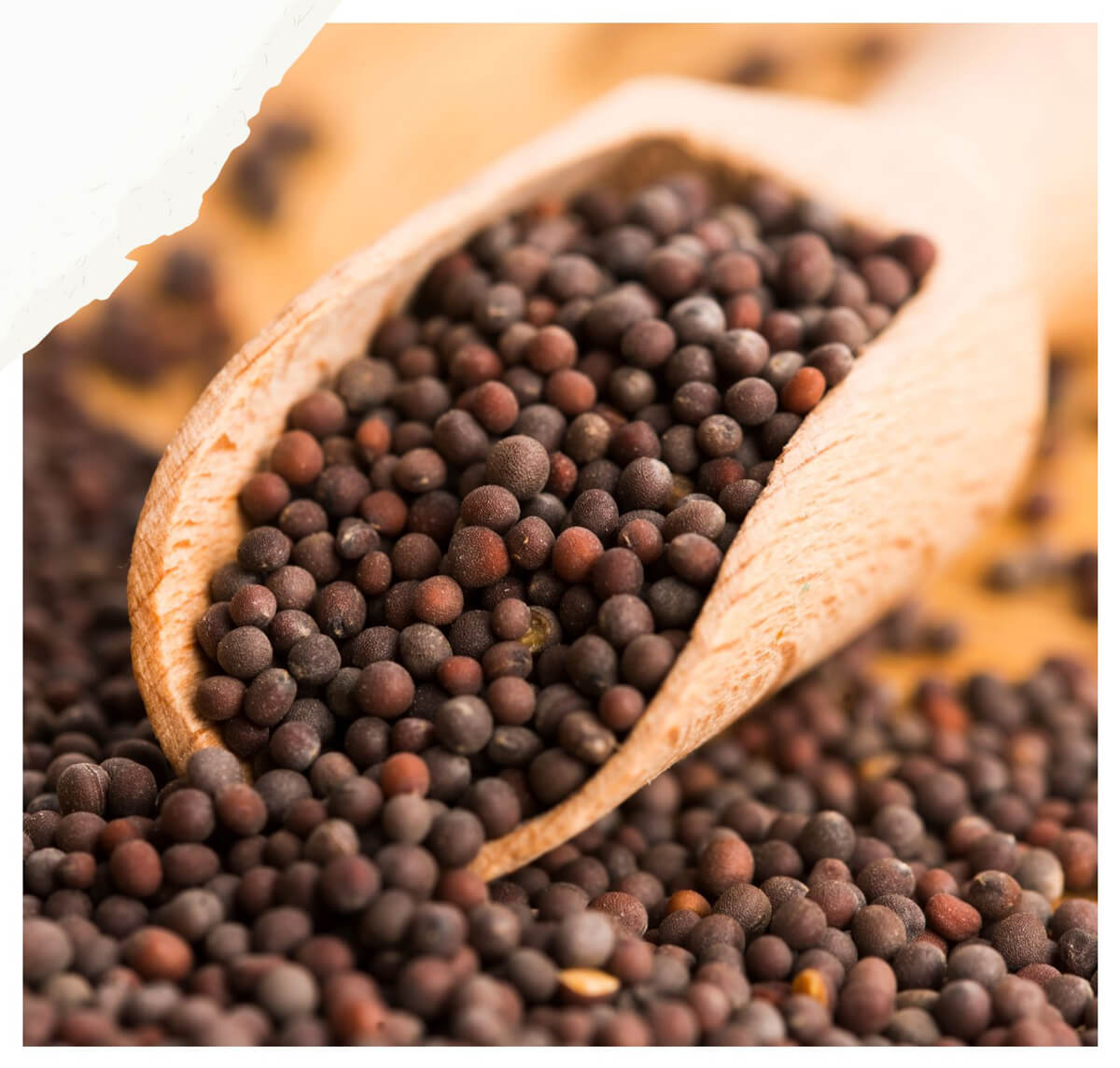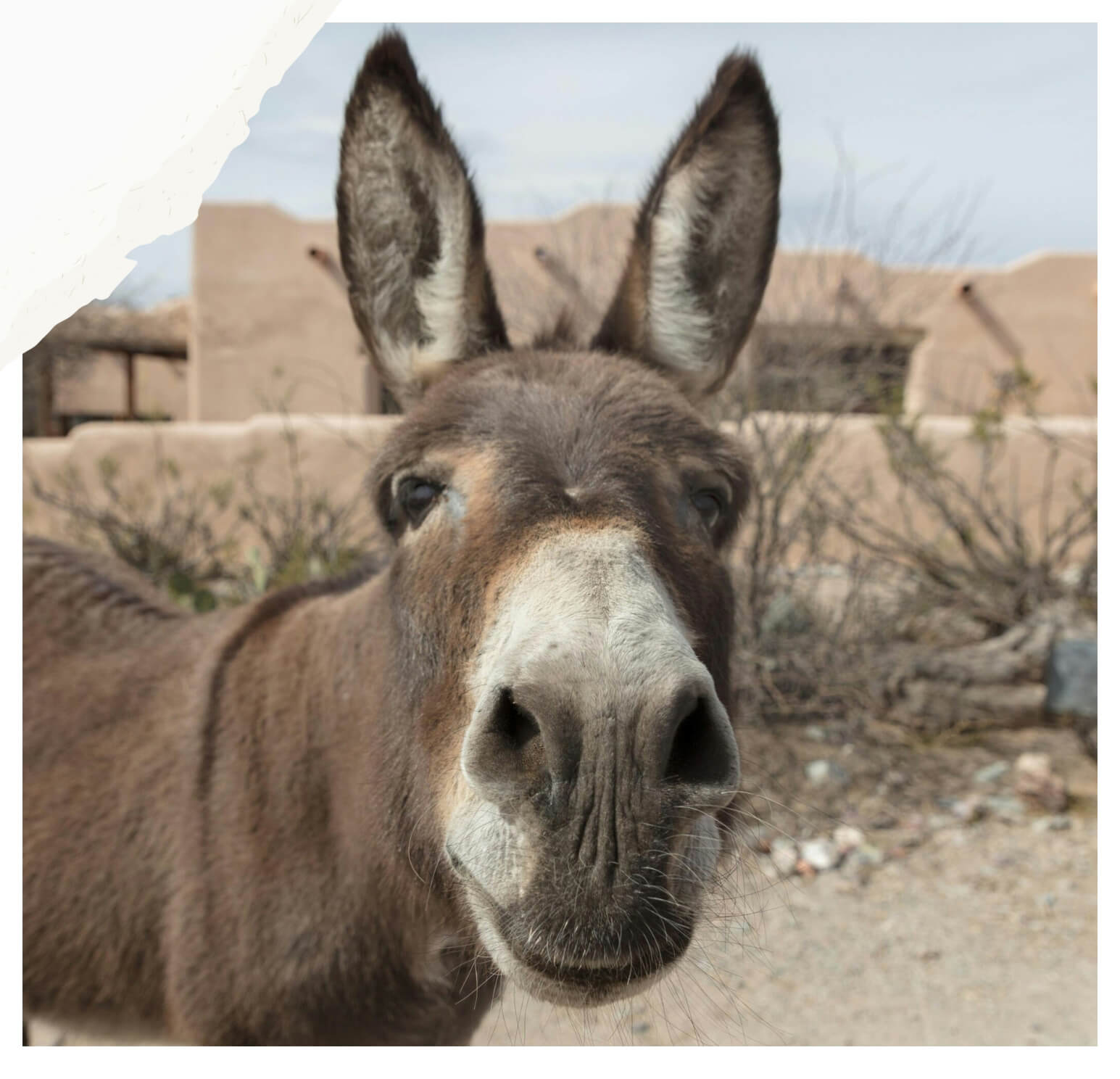Start With What You Have
As I think about this month’s article, three interrelated Bible stories keep crowding around in my head: Elijah visiting the widow (1 Kings 17), Jesus feeding the 5000 (Mark 6:30-44), and the parable of the talents (Matthew 25:14-28). These are important stories for anytime, but perhaps even more so for this annual season of reflection and resolution. Because crowded in amongst these stories are three key thoughts to consider for the new year:
- Start with what you have.
- Give it to God.
- Do something with it.
We’ll look at each of these in turn, but in this first article of the year, I am going to start at the beginning, and start with what I have. First, I have 1 Kings 17:8-16. This is the story of Elijah, who, after casting drought upon the land and hiding out with the ravens for a time, goes at God’s command to a widow in Zarephath. He asks her for a drink of water and a piece of bread. Her answer is chilling: “As surely as the Lord your God lives, I don’t have any bread – only a handful of flour in a jar and a little oil in a jug. I am gathering a few sticks to take home and make a meal for myself and my son, that we may eat it – and die.”
Perhaps not the most cheerful story to begin the new year. Until you read Elijah’s reply: “Don’t be afraid,” he tells her. “Go home and do as you have said. But first, make a small cake of bread for me from what you have and bring it to me, and then make something for yourself and your son…The jar of flour will not be used up and the jug of oil will not run dry until the day the Lord gives rain on the land.”
The widow, of course, does as Elijah had told her, and “there was food every day for Elijah and for the woman and her family. For the jar of flour was not used up and the jug of oil did not run dry.”
It sounds so simple, and yet how many times are we like that widow before Elijah comes? Perhaps it’s melodramatic to say we are despairing to the point of death over something we don’t have… but perhaps not. Too often we focus so much on that which we don’t have, that we fail to see that which we do have. I find it fascinating that when Elijah comes, he doesn’t bring supplies to the widow. He probably could have – after all, the ravens had been bringing him bread and meat to eat while the poor widow’s jars were emptying. But instead, he directs her to look at what she has, and then to do something with that.
We see this same lesson echoed in the New Testament when Jesus feeds the 5000. Jesus could have produced food any number of ways. There could have been manna from heaven, a raven delivery service, or he could have simply called forth food from among the stones. Instead, He tells his disciples, “You give them something to eat.” And when they are unsure how to do that, he tells them “How many loaves do you have? Go and see” (Mark 6:37-38). In other words, He is telling them (and us) “start with what you have.”
As we turn the calendar towards a new year, it’s important that we, too, take stock of what we have. Whether it’s physical possessions, ideas, or talents, each one of us has something that could be the launching point of something wonderful. If a handful of flour can feed a family for days, and if five loaves of bread and two fish can feed five thousand men, just imagine what could happen with what we have.
“How many loaves do you have?” He asked. “Go and see.” (Mark 6:38)

Search the Blog
Categories
Join the email list to receive the latest post and occasional exclusives

Meet Janet!
Janet Beagle, PhD is the founder of The Mustard Patch. She divides her time between the Midwest and New England, and if she’s not writing, she’s probably out hiking with her 2-and 4-footed friends.





